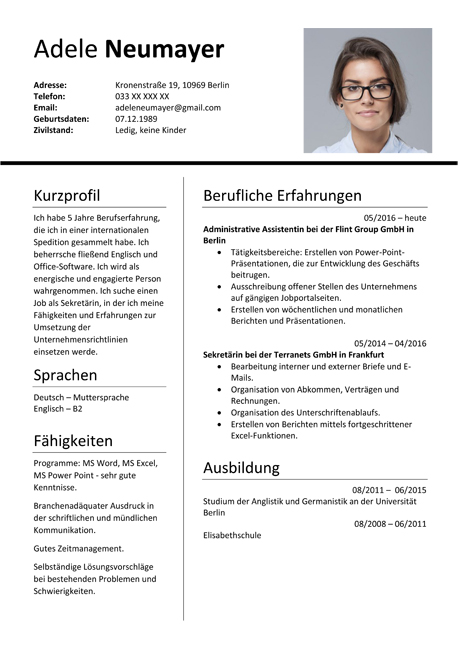


You hear a lot about masochism in psychology. Originating with the German composer Richard Wagner, it has now come to represent any repeated theme, whether this is in music, theatre, literature, or the arts. Leitmotif is a dominant and recurring theme, usually in music, depicting a person, idea, or thing. This type of beer is made with yeast and has to ferment for a time before imbibed. The word lager comes from the German word lagerbier, which means beer brewed to store. I would imagine that most people think this word means a light-coloured beer. Some German words have become such a part of our everyday language that we take them for granted. In the English language, this word means an item (usually machinery or equipment) that is not working anymore or broken. Germans adopted the word capot to describe a loser but changed the spelling to kaputt. Manufactured in Germany in the 1920s, the translation for these sweets is rubber bear.ĭid you know that we get the word iceberg from German? Iceberg means mountain of ice in German. I thought this was another American word, but no, it comes from Germany. This is another one of those German words, such as blitz, and in German means to glisten or glint. Something glitzy is showy and sparkly and twinkles in the light.

It is a composite of the German word glitschen and the Yiddish word glitshen, both of which mean to slide or slip. Gestalt refers to the theory, developed in the late 1940s, that the whole is greater than the sum of its parts.Ī glitch describes a sudden fault or problem. Despite the fact that the silver was sourced from different locations and produced in other countries, the name stuck. Countries in Europe liked this idea of a standard coin and followed suit. The coins all weighed the same and were called thalers ( thal means ‘valley’ in German). This town started producing standardised coins using the silver from a mine situated in a nearby valley. We associate dollars with America, but they originated from a small town in Bavaria (now Germany) in the 16-century. In English, it describes a sudden attack or a method of chopping or pureeing using a processor. In German, blitzen means to sparkle, flash, light up, or twinkle. We all love sitting outside our local pub in the summer months, but we did not call it a beer garden until the Germans did. This German word abseil is a contraction of ab (down) and seil (to rope). 27 Interesting German Words We Use in the English Language Now that you know the reason why so many German words made their way into the English language, here are 27 of them. To show you what I mean, take a look at the following German words and their English equivalents: His Zamonia books and graphic novels have become international bestsellers and have been translated into different languages.These two languages might sound very different, but their roots are incredibly similar. Moers’ fantastic and one-of-a-kind writings often combine lightheartedness and elements of children’s literature with a more serious and adult undercurrent. His comic strips, such as “The Little Asshole” and “Adolf,” caused a stir and ultimately led to his being labeled a persona non grata by the political right in Germany. Walter Moers is not only a famous author from Germany but also a cartoonist, painter, and sculptor. In 1964, the prestigious Calwer Hermann-Hesse-Preis (or Calwer Hermann Hesse Prize) was established in honor of the late author. He was well-known and influential in Germany, but his international fame began much later. Another great book to read is The Glass Bead Game. Many young Germans of his generation related to the themes of meaning and wholeness in his works, such as Siddhartha(1922) and Steppenwolf(1927). Swiss author, artist, and poet Hermann Hesse was born in 1877 in Calw.


 0 kommentar(er)
0 kommentar(er)
